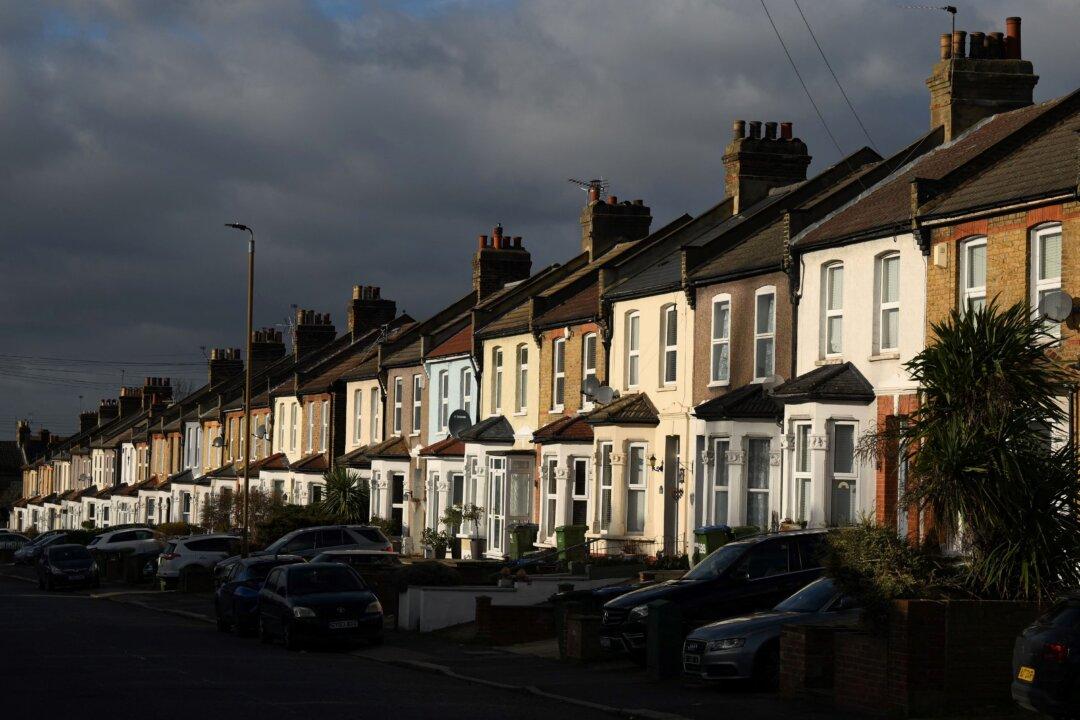Average rents have continued to hit new record highs as the amount of available housing continues to fall short of demand, a property website has said.
The average rent being asked across Britain outside London, which has been rising every quarter since the end of 2019, has reached a new record high of £1,190 per month, according to Rightmove.





